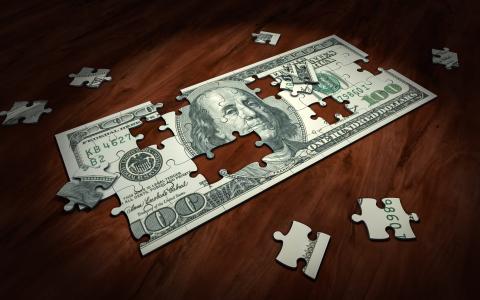
(Fortune) - Wall Street has been puzzling over the U.S. economy's continued resilience in the face of aggressive rate hikes from the Federal Reserve, with some still expecting a recession soon.
But Neuberger Berman senior portfolio manager Steve Eisman is bullish on financial markets and thinks the answer is clear: the doomsayers are wrong as the artificial intelligence race and boost in infrastructure projects drive the economy.
"We're just powering through, and I think the only conclusion you can reach is that the U.S. economy is more dynamic than it's ever been in its history," he told CNBC on Thursday.
Eisman, whose famed bet against toxic mortgages leading up to the Great Financial Crisis was portrayed in The Big Short, added that the next stage in the tech narrative will be consumers buying new AI-enabled phones and laptops.
That means Apple, which just unveiled a series of new AI features, will see a massive refresh cycle of customers upgrading their iPhones, he predicted.
Eisman added that his firm has started researching what other stocks will benefit from the AI trend but maintained that investors should stick with any Apple stock they have.
"Definitely hold on to your Apple position," he said. "It's too central a figure in the whole story."
Microsoft and Google parent Alphabet, which are developing separate AI technologies, are also "core holdings," but Eisman also raised a question that he has been trying to answer.
One intriguing thesis posits that if AI is as successful as people expect, then the cost of creating software will "implode," implying that the competitive advantages that some companies have won't be as impenetrable, he said.
"So you can make an argument that the revaluation of hardware is going to continue and that some parts of software will derate," he added.
In other words, tech hardware companies that supply the AI sector should keep booming, but not so much for software stocks.
Nvidia's massive rally has exemplified the recent shift toward hardware stocks. Shares of the AI chip leader have soared 166% in the year to date and are up more than 200% from this time a year ago, making it a $3 trillion company that accounts for over a third of the S&P 500's gains this year.
And Nvidia’s quarterly earnings show no sign that the rush to stock up on AI chips isn’t slowing down.
But relying so much on one stock also represents a big risk, Apollo Chief Economist Torsten Sløk warned.
“Such a high concentration implies that if NVIDIA continues to rise, then things are fine,” he wrote in a note on Wednesday. “But if it starts to decline, then the S&P 500 will be hit hard.”
By Jason Ma



